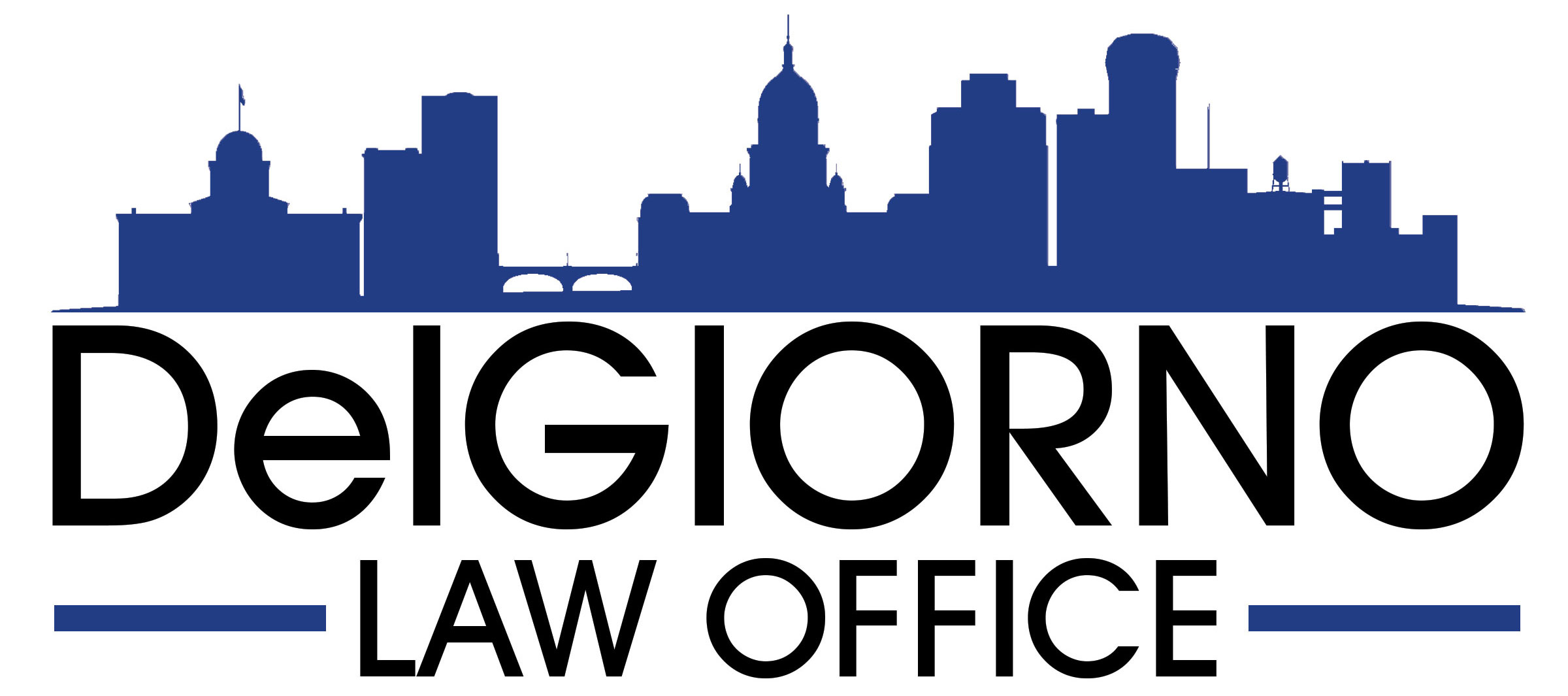Grandparents! Do you find yourself as a primary caregiver for your grandchildren? You are not alone. According to an AARP Foundation study in October 2007, there were 103,717 grandparents raising 213,465 grandchildren. However, being a grandparent, by its nature means you are not as young as you were when you were raising your own children.
Have you given some thought to what happens to your grandchildren if the unthinkable happens to you? There are issues ranging from who will take care of your grandchildren to how they will be financially. Will there be someone to make sure their money is safe? Is there enough to pay for their education?
These are issues that every grandparent (and parent, too) who is raising children has to discuss with an attorney and a financial advisor. Your attorney can prepare a will that nominates someone to be the guardian of your grandchildren while they are minors. Without such a formal nomination in place in your will, a judge will have to decide who can best raise your grandchildren without knowing what your wishes were. Know that judges have the power to disregard your wishes if they think your choice is not in the best interest of the child. Such examples of guardian choices that are not in the child’s best interest could include guardians who are unemployed, incompetent, convicted felons, or known abusers (of children or the elderly).
Additionally, an attorney can advise you about creating a trust fund for your grandchildren using your assets or life insurance. Trust funds for grandchildren need not be overly complicated and can be included in your Will rather than as a separate legal entity. These are called “testamentary trusts” (as in your last will and “testament”). The type of trust that is a separate legal entity usually takes the form of a “Revocable Living Trust” that you create during your lifetime. Your property is transferred into this trust while you are alive and can be changed by you at any time until your death. Property in a trust such as this does not have to go through the court probate process after your death. Rather, the property can be distributed or used to fund new trusts for your grandchildren, in a quicker manner than probate allows.
Finally, you will need to consider who would make financial decisions for your grandchildren’s trust. Do you have a family member you trust? Would you rather have a bank trust department handle it so that you can feel secure in knowing that matters will be properly handled.
It is important to consider these issues early. Do not let a sudden illness or accident leave you and your grandchildren unprepared.

Recent Comments